No ‘ideal’ tissue for gene expression studies of autism
Researchers should investigate a broad spectrum of human- and animal-derived tissues to fully capture the complexity of autism, say Michael Talkowski and James Gusella.
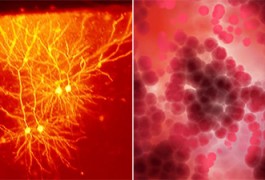
Researchers should investigate a broad spectrum of human- and animal-derived tissues to fully capture the complexity of autism, say Michael Talkowski and James Gusella.
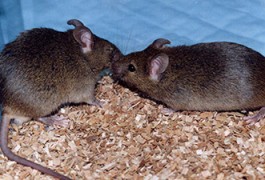
Differences in the background genetics of mouse strains may modify the effects of autism genes, suggests a study published 11 March in Autism Research. The study looked at the behavior of mice with a mutation in neuroligin-3, a strong autism candidate gene.
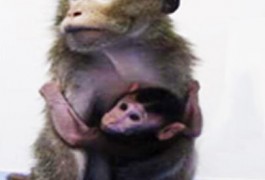
Researchers have created the first genetic monkey model of autism, they reported 6 March in Cell Stem Cell. The female monkey has a mutated version of the MeCP2 gene that causes Rett syndrome.
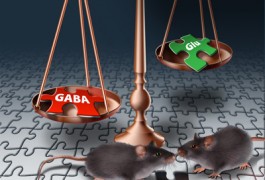
The equivalent of one-tenth of a single pill of the anxiety drug clonazepam alleviates many autism-like behaviors in a mouse model of the disorder, according to a study published 19 March in Neuron.
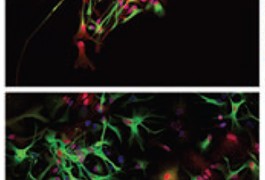
Support cells generated from people with Rett syndrome release molecules that alter the shape and function of neurons, according to a study published 27 February in Human Molecular Genetics.
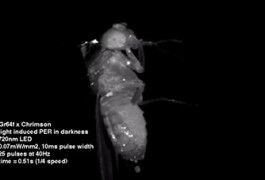
Using newly discovered molecules from algae, researchers can control the activity of two families of neurons in a single mouse or fly, they reported 9 February in Nature Methods.
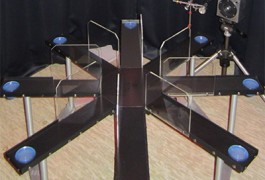
When navigating a maze, rats move toward happy rodent sounds and away from those signaling alarm, according to a review published 4 February in the Journal of Neuroscience Methods. The method could be used to assay social behavior in rodent models of autism.
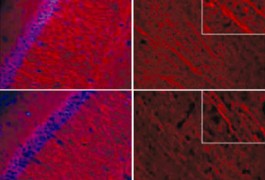
Removing the fragile X syndrome gene from two brain regions in mice leads to signaling defects but does not produce behavioral deficits, according to a study published in the February issue of Autism Research.
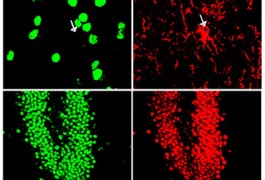
Deleting the Rett syndrome gene MeCP2 from oligodendrocytes, a brain support cell, leads to a mild form of the disorder in mice, according to a study published 27 November in The Journal of Neuroscience.
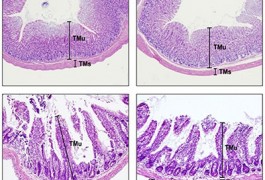
In utero exposure to the epilepsy drug valproic acid, which ups the risk of autism, may alter the composition of gut bacteria in rodents, according a study published 11 December in Brain Behavior and Immunity.